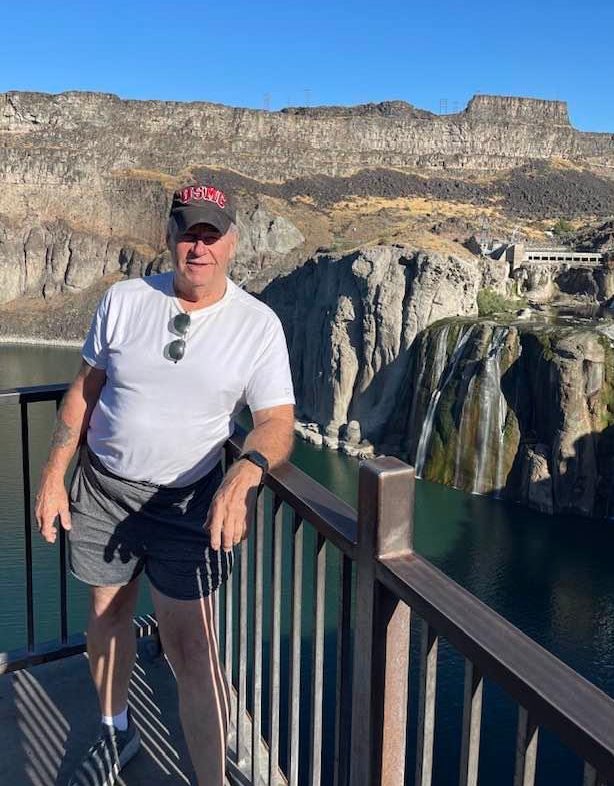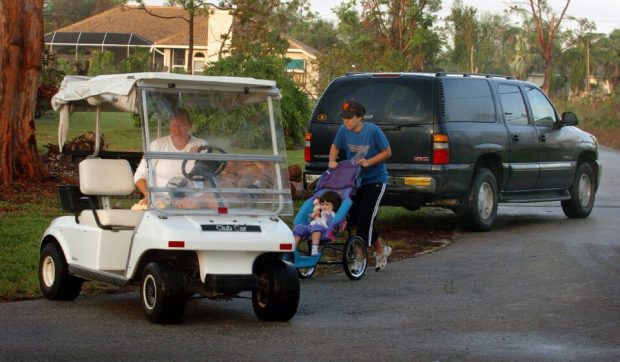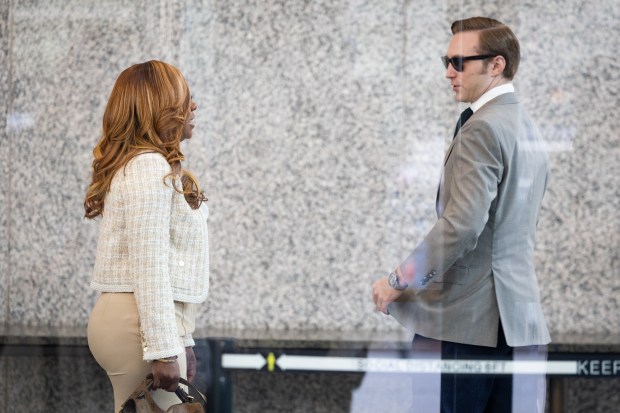(Disclosure: Jim Campbell is married to my cousin, Barbara. I have been in awe of his recent spiritual sojourn and am honored to share some of the details.)
On a Native America reservation outside Flagstaff, Arizona, a shaman told Jim Campbell to meditate on the best qualities of the people who’d hurt him the most over the years.
Before he knew it, hours had passed.
There, thousands of miles from his suburban Chicago home, Campbell felt decades of pain and disappointment melt away.
Now 72, and 35 years into alcoholism recovery, Campbell found the peace and forgiveness he’d been seeking most of his life.
“It was spiritual,” he said, “to realize that each of the people who hurt me, also, in some way, inspired me.”
Reworking the narrative was just one of many highlights of Campbell’s recent solo trek across country in search of reconnection and forgiveness.
On Sept. 21, Campbell, a retired designer and general contractor, attached his bike to the back of his car, bid goodbye to his wife and set out in search of family and friends who knew him as a younger, very different man.
Months before he’d mapped out an itinerary from his home in River Forest to the beaches of California and back, he longed to reconnect with people he’d lost touch with over the years. They were scattered across the country so Campbell put together a 22-day trip.
The 5,700-mile odyssey would take him through several states and national parks and across the hornet’s nest of America’s political divide.
A half century ago, Campbell left the Chicago suburbs in similar fashion, but back then, he was a teen desperate to escape a troubled home life riddled with dark secrets.
He was just 18 when he took to the road with a carload of bravado, hoping to settle in California. The draft would bring him back to the Midwest. And his trauma would send him deep into the world of addiction.
Growing up in Orland Park, Campbell said he struggled at the hands of “a dysfunctional, sometimes brutal alcoholic father.”
He admits he only graduated Sandburg High School because his mother begged him to do so.
Much of his young adulthood, Campbell said, was tumultuous and “self-centered.”
“For alcoholics, everything is inward, everything is about you,” he said. “We live our lives for ourselves. We live an isolated life that’s completely insulated, most of us anyway.”
When he realized he had become just like his father, he sought help.
Recovery includes recognizing that as well as the source of your pain and the hurt you inflicted upon others.
This time when he took to the road, humbled and apologetic, the grandfather of seven who is now married to a “strong, understanding, box-of-puppies woman,” nervously set out to retrace those steps on a very different mission, in a very different state of mind.
When he saw the Rockies rise above the Plains, he revisited the exhilaration he felt on that first trek west, and he knew in his soul he was on the right path.
Still, he was nervous how any of these people from his past would receive him. And how he would receive them.
After all, he was taking this journey at a pivotal time in America. Not since the Civil War has the country been so divided. Then again, he said, “Not since I started in recovery have I ever asked a person in need if they were Democrat or Republican.”
At each stop, he said, he was greeted with warmth and kindness and generosity. Some people offered accommodations, some provided meals, some revisited precious memories. All accepted him warmly and invited him back.
From his first stop in Boulder, Colorado, to his last in St. Louis, Missouri, he lingered over conversation, prayed for continued inner peace and found the forgiveness he desperately sought.
“I got to revisit my life,” Campbell said.
He walked around Lake Meade with his sister, visited Estes Park with a dear friend, prayed at Sedona’s Chapel of the Holy Cross and, on a path in the Grand Tetons, turned around to spy an elk following him.
At each destination, he listened and learned, about others and about himself.
On the coast of Southern California, he was moved to tears by old photos and a story his cousins recalled about how, as a young man, he’d helped repair a fence for their grandfather.
“I didn’t remember doing that,” he said. “But they did.”
During precious time alone hiking and biking in the mountains and praying at famous holy sites, he let go of the demons.
The trip, he said, was a travelogue of his life.
And it was a reminder that people are more similar than they are different, that the longing for love and acceptance is universal.
At each stop, he said, “It was like I’d never left.”
“There’s a ‘missing’ in America,” he said. “Just like there was a ‘missing’ in my life.”
Politics, he said, has divided families and redefined friendships. “It’s not right,” he said.
“This trip gave me a sense of peace and serenity I’ve never had before. I think a lot of it had to do with how in awe I was of how well I was taken care of, and how much these people, who I hadn’t seen in years, cared about me,” he said.
A proud liberal, Campbell said he knew he’d be meeting with people who were devout conservatives. But politics, he said, never became an issue.
At a restaurant deep in Republican country, Campbell saw a sign that read, “If you’re a Democrat, no pie for you.”
He ordered a slice any way and told the waitress, “I’m so liberal where I live, you get off the expressway onto two left lanes.”
But, he said, “I sure as hell would love some cherry pie.”
She smiled and said, “OK, well, if you’re one of them, I’ll give you pie but I’m not going to give you whipped cream.” He said, “I’m good with that.” And they both chuckled.
Donna Vickroy is an award-winning reporter, editor and columnist who worked for the Daily Southtown for 38 years. She can be reached at donnavickroy4@gmail.com.





